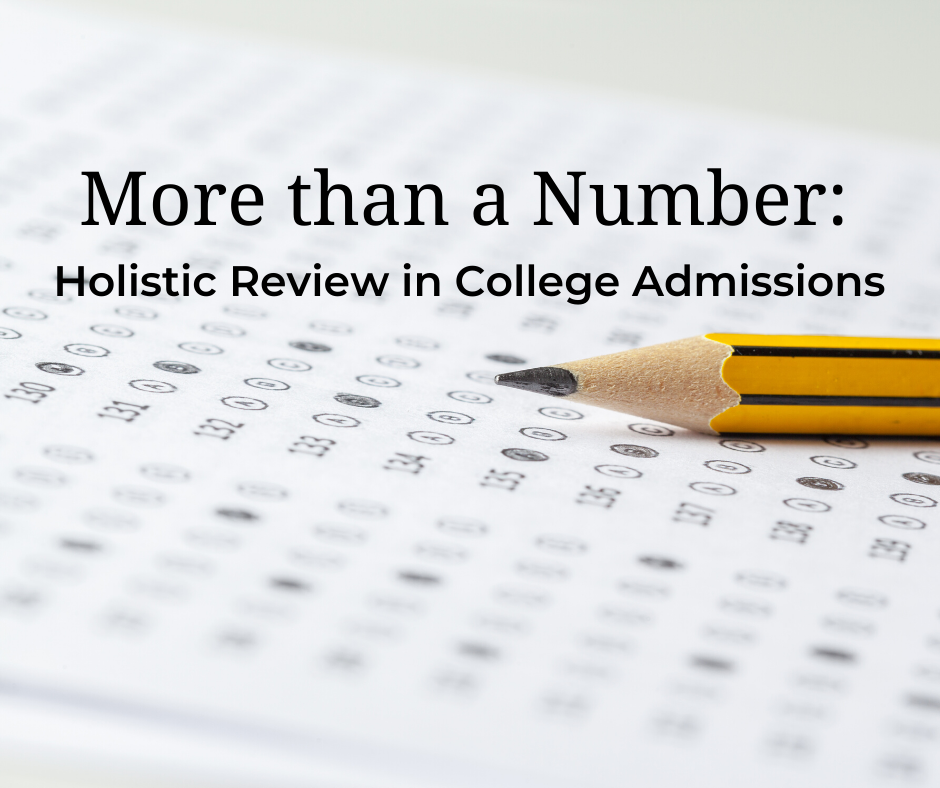Over the last two decades, the trend of sport specialization has hit an all-time high in youth athletics. More and more young athletes are specializing: devoting their energy, time, and ability to one singular sport. Many club sports play eleven months out of the year. School sports teams play their season and often spend the remainder of the year in extended workouts, team training camps, and skill-building sessions. In addition to team commitments, it’s not uncommon for individuals to hire private trainers to help them further develop their abilities.
Coaches and athletic directors often encourage specialization so that they have the entire year to maximize students’ skills and develop greater team dynamics. Students often believe that specialization is their only path to make it onto their high school’s team or compete at the collegiate level. While parents may have reservations about specialization, the intense financial commitment of some sports and the influence of others can impact their decision-making.
In my own experience as a high school, collegiate, and professional athlete, and now my perspective as a high school football coach and parent of young athletes, I’ve seen the way specialization negatively impacts young athletes in the following areas:
Physical Impact of Specialization
I’ve observed that young athletes who are only engaged in one sport may fatigue their bodies, even causing injuries. Medical professionals are seeing this, too. I was told about an article featuring the head team physician for the New York Yankees, Dr. Christopher Ahmad. He called the amount of injuries in high school athletes a “nightmare.” The National Federation of State High School Associations recently funded a survey that determined that students who specialize in a single sport are 70% more likely to experience injury, damaging their developing bodies and jeopardizing their ability to be active later in life. Parents may not like to hear this, but these are the facts.
Social Impact of Specialization
High school sports, at their best, provide students with a wealth of social experience. They learn to contribute to a team, move towards a common goal, and interact with people different than them. Specializing often means that young athletes are committed to playing on only one team or interacting with the same group year-round, limiting social exposure. Specializing can also mean that students miss time with friends or opt out of exploring other extra curricular activities due to time-consuming training and practices.
Athletic Impact of Specialization
Another major negative impact I see in students that specialize is burn out. Even if their bodies are able to avoid injury, students’ attitude toward their sport of focus can become damaged. Mental fatigue and exhaustion can occur when students engage in the same sport, and only that sport, more than eight months out of the year. Students often lose enjoyment in something to which they must be so committed.
Related to actual improvement in performance, most coaches say the number one character trait in the best players on their teams is competitive spirit -- the player that wants to win the most. Competitive edge is unlike any other skill in athletics. Learning to bat or pitch, strike or block, punt or receive, any of those skills are honed in training and practice. Competitive edge is developed in the process of winning and losing significant competitions, going to bed that night with a feeling of disappointment or satisfaction, and being motivated towards the positive feeling. A single-sport player may only experience a big loss or victory once or twice in a season, limiting the possibility to develop the competitive edge. The best way to grow competitive edge is by playing multiple sports and playing in significant games for your own school.
I have heard many parents describe being motivated by the goal of their children competing at the collegiate level, even earning a college athletics scholarship. What many of these parents may not have in mind is the reality, that according to the National Collegiate Athletic Association (NCAA), only “about two percent of high school athletes are awarded some form of athletics scholarship to compete in college.”
While there definitely are opportunities to play collegiate athletics (with over 4300 higher education institutions in the U.S.), specializing in a high school sport with the aim of receiving scholarship money is far riskier than focusing on academic success and exploring a range of extracurricular activities. The merit scholarships available to students with high ACT scores is very attainable for many athletes if they balance their time and effort towards athletics and academics.
In thinking about high school sport specialization and its potential pitfalls, I encourage parents to take a step back, look at the “big picture,” and determine what is truly best for their child.
/Logos/Horizontal%20Academic%20Logo%20for%20Light%20Backgrounds.png)
/Logos/Horizontal%20Academic%20Logo%20for%20Dark%20Backgrounds.png)



